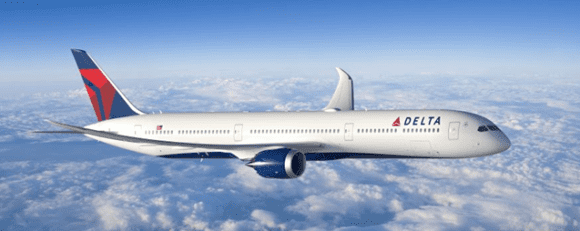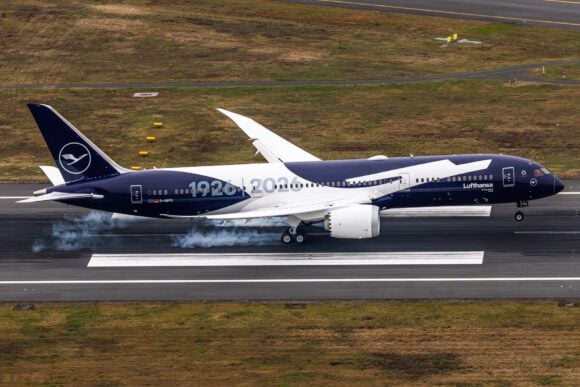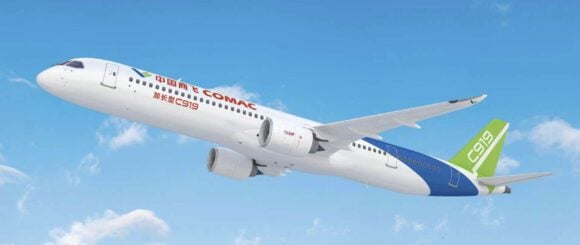
Spicejet
Delhi-based low-cost airline, SpiceJet, has reported a net loss of Rs 4.47 billion (before adjusting for foreign exchange fluctuations) for the second quarter ended September 30 this year, as compared to a net loss of Rs 4.24 billion in Q2 FY25.
If foreign exchange adjustments are taken into account, SpiceJet would have reported a loss of Rs 6.35 billion in the latest quarter, compared with a loss of Rs 4.47 billion in the same period previously.
The airline blamed historically weak demand, grounded fleet carrying costs, and the depreciation of the Indian Rupee against major international currencies for its poor financial performance. Interestingly, another Delhi-based low-cost airline, IndiGo, had also blamed the depreciation of the Indian Rupee for its reporting a loss in Q2 FY 2026 (IndiGo Posts Rs5.8B Loss on FX Swings Despite Growth |)
This is the second straight quarter that SpiceJet has reported a loss. It had reported a net loss of Rs 2.38 billion for the Q1 FY 26. (SpiceJet Posts Q1 Loss, Plans Fleet Expansion |)
Indian airlines have to pay a majority of their costs in foreign exchange, which affects their financial performance.
Airlines in India have to pay most of the maintenance, repair, and overhaul work and lease costs in foreign exchange. Since a majority of the aircraft in Indian airlines’ fleets are leased, this impacts their bottom lines. Besides, if the airlines hire foreign pilots, they too have to be paid in foreign exchange, which is a burden on the airlines here.
It is estimated that almost 85 percent of the operating fleet of Indian airlines is leased aircraft, for which they pay lease rentals in foreign exchange (GIFT City and Aircraft Leasing in India).
FY Q2 2026 results
The airline also reported a grounded fleet carrying cost of Rs 1.2 billion. In a statement, the airline said it also strengthened its financial position by completing key restructuring initiatives. The airline fully completed the $24 million settlement and payment plan to Credit Suisse and also secured $89.5 million in liquidity through the Carlyle Aviation settlement, unlocking vital maintenance reserves. These steps have enhanced liquidity, improved financial flexibility, and positioned the airline for sustained recovery.
Passenger Revenue per Available Seat Kilometre (PAX RASK) stood at Rs 4.04
“The September quarter was a period of consolidation and groundwork for our next phase of growth. While the results reflect short-term costs related to fleet revival and expansion, these are strategic investments that will start yielding results from the current quarter onward. With aircraft additions already underway and our network expanding rapidly, the airline is now on a clear trajectory towards stronger operational and positive financial performance in the second half of the year,” the airline’s Chairman and Managing Director, Ajay Singh, said after the results were announced.
Views: 118




